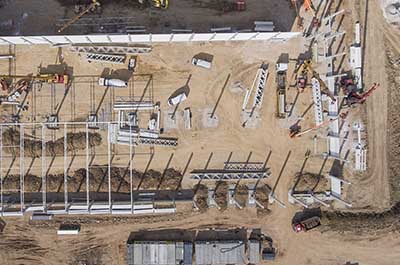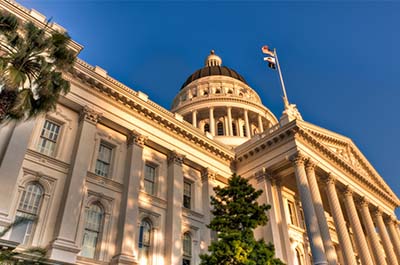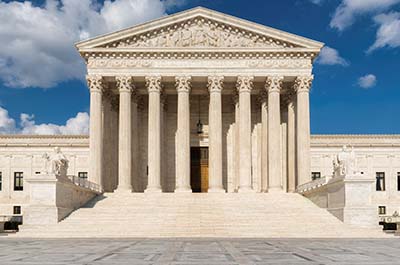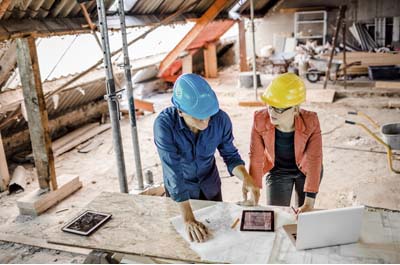Governor Gavin Newsom has signed two laws that will impact public works contracts in California. Assembly Bill (AB) 456 extends the operative date for the current contractor claims resolution process to January 1, 2027.
As part of an uptick of cases in recent years regarding school impact fees, two recent cases argued by Lozano Smith on behalf of school districts have been decided by the California Sixth District Court of Appeal, with mixed results.
In Synergy Project Management, Inc. v. City and County of San Francisco, certified for publication on March 14, 2019, the California Court of Appeal concluded that awarding agencies, like prime contractors, have the power to request substitution of a subcontractor under Public Contract Code section 4107 (hereafter referred to as Section 4107).
The California Court of Appeal recently outlined an appropriate level of due process required for a subcontractor substitution hearing.
A Civic Center Act provision that allocates liability between a school district and the users of school facilities means what it says, according to a recent decision by the California Court of Appeal.
A California appellate court has ruled that lay public opinions on nontechnical issues concerning a project's size and general appearance can provide substantial evidence of environmental impact, triggering the need to prepare an environmental impact report (EIR) under the California Environmental Quality Act (CEQA).
Recent legislation modifies the skilled and trained workforce requirement for certain public works projects, shifting much of the burden for compliance to subcontractors. The new law also authorizes the California Labor Commissioner to investigate suspected violations of the statute and impose civil penalties in specified circumstances.








